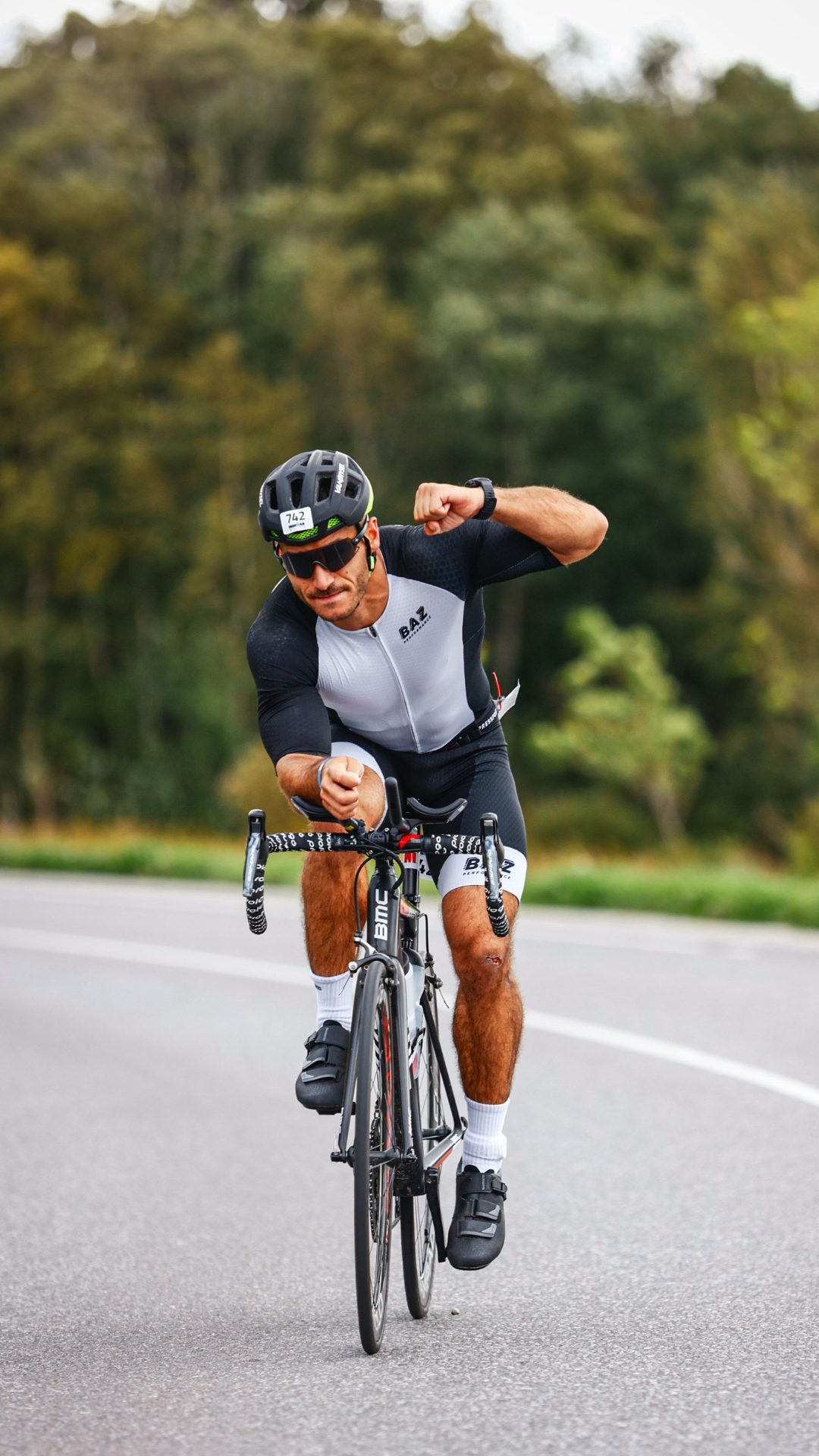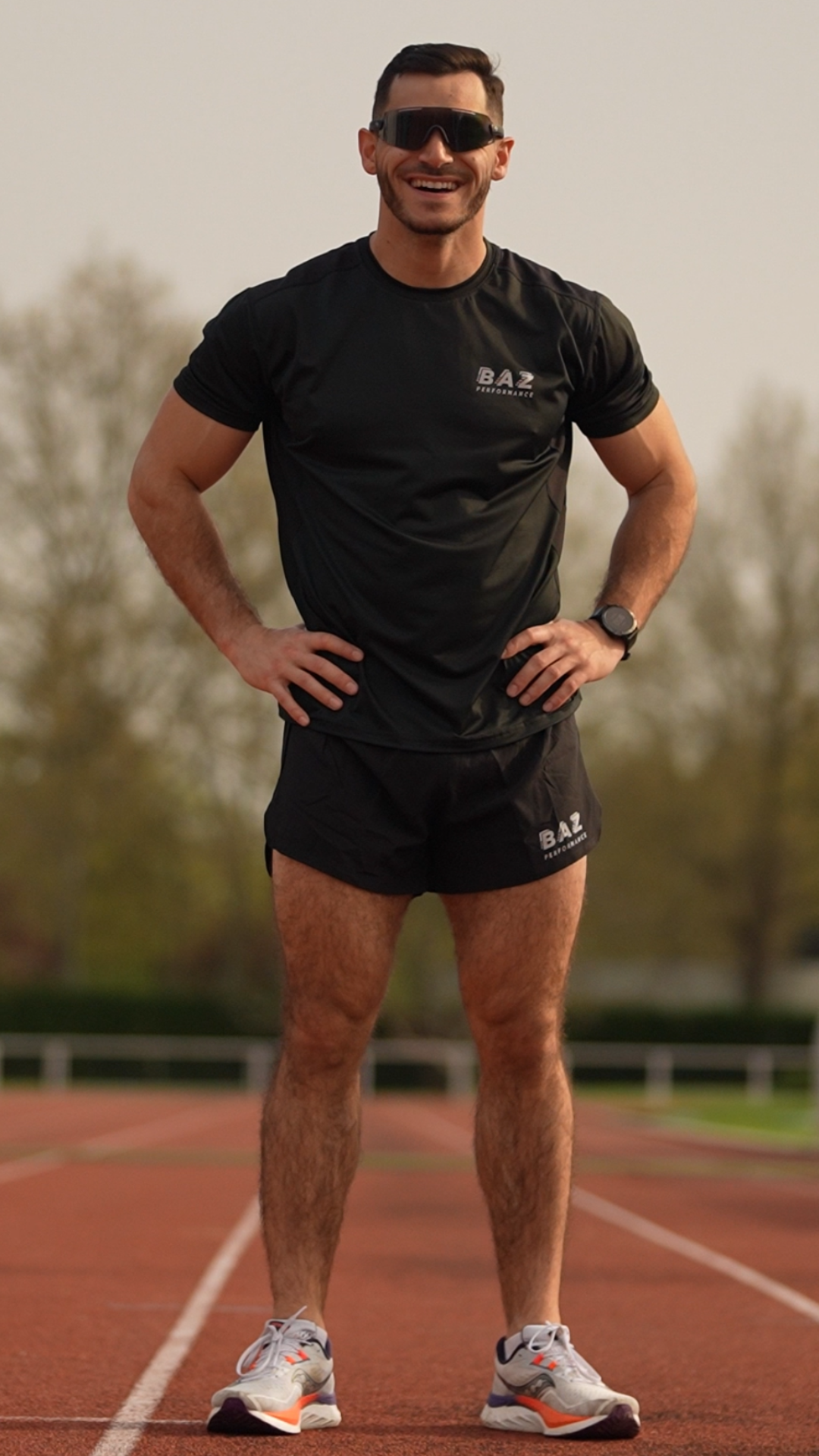
5 Essential Tips to Optimize Your Triathlon Training
Triathlon is a demanding endurance sport that combines swimming, cycling and running.
To be successful and achieve your goals, it is crucial to plan your training well.
1. Balance the three disciplines
A common mistake among triathletes is neglecting one of the disciplines, often swimming or running, in favor of cycling. A good training program should balance all three sports. Try to include sessions dedicated to each discipline each week, focusing on your weak points. If swimming is a challenge, plan technical workouts to improve your efficiency in the water.
2. Focus on cross-training
Cross-training allows you to diversify your movements, reduce the risk of injury, and improve your overall fitness. Incorporate strength training, yoga, or even HIIT (High-Intensity Interval Training) sessions to work on your strength, flexibility, and explosiveness—essential elements in all three triathlon disciplines.
3. Work on your nutrition and hydration
Nutrition is often the key to success in triathlon. Learn how to properly fuel your body before, during, and after training. Experiment with different foods and drinks during your sessions to find what works best for you. During triathlon/Ironman training, energy gels, bars, and hydration play a crucial role in avoiding exhaustion.
4. Focus on training in heart rate zones
Using a heart rate monitor allows you to control your intensity and better manage your efforts. Train according to your heart rate zones to optimize your endurance and avoid overexertion. Working in low and moderate zones is especially important for long-distance triathlons, as it helps develop a solid base of endurance.
5. Incorporate transition sessions (brick workouts)
When preparing for a triathlon/Ironman, transition sessions, also called "brick workouts," are essential to prepare your body for the bike-to-run transition, often one of the most difficult moments of a triathlon. After a bike ride, immediately follow up with a run. These workouts get you used to the feeling of heavy legs and help you improve your transition speed in competition.
Conclusion
Success in triathlon relies on rigorous preparation, balanced training, and good management of your body and mind. By following these tips, you'll improve your performance while minimizing the risk of injury. So, plan your training wisely and give your best to achieve your goals.

